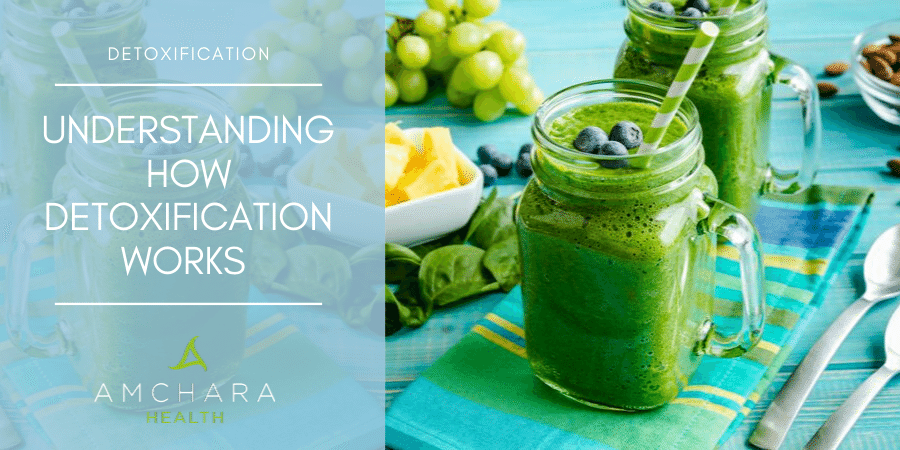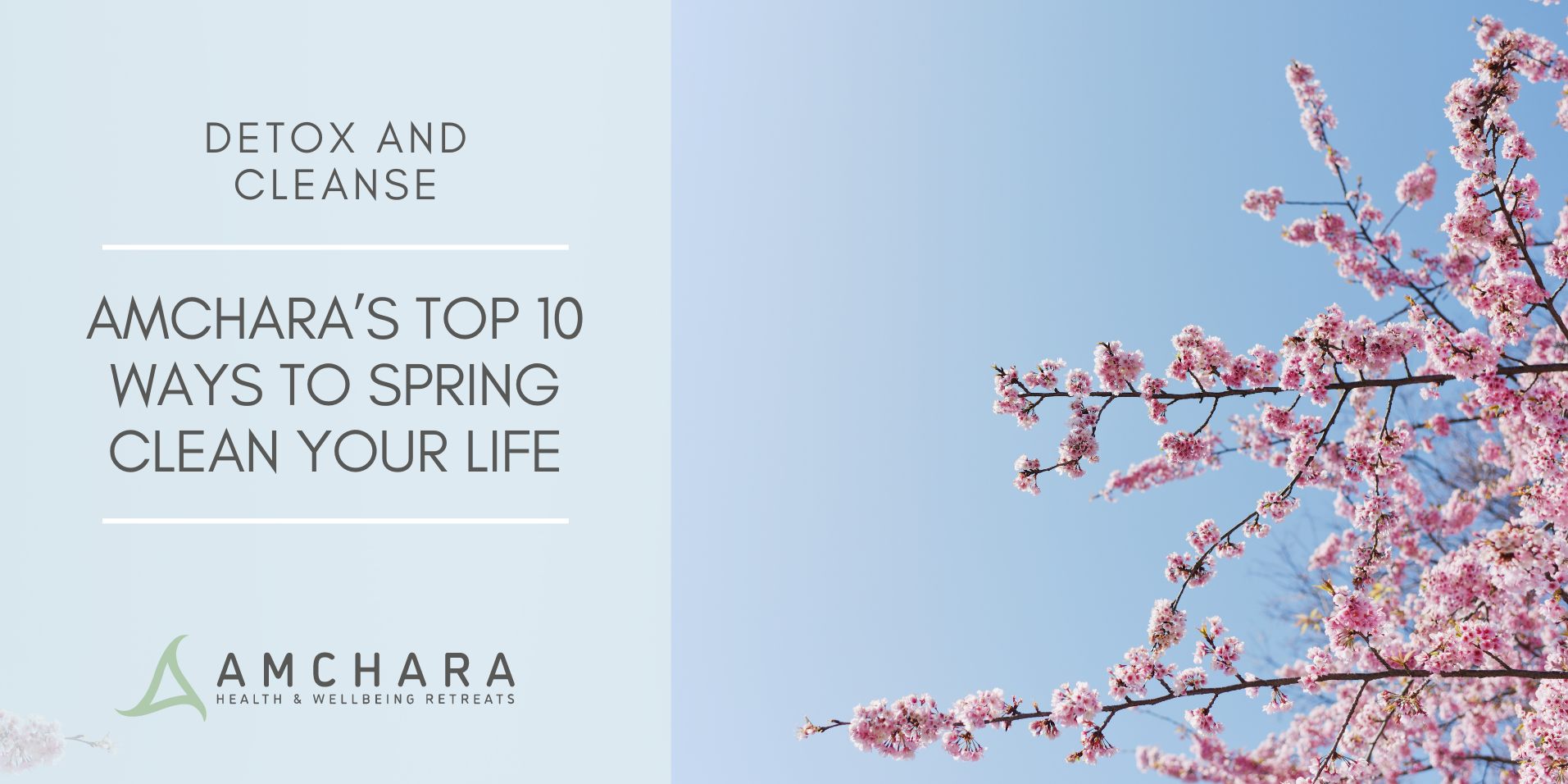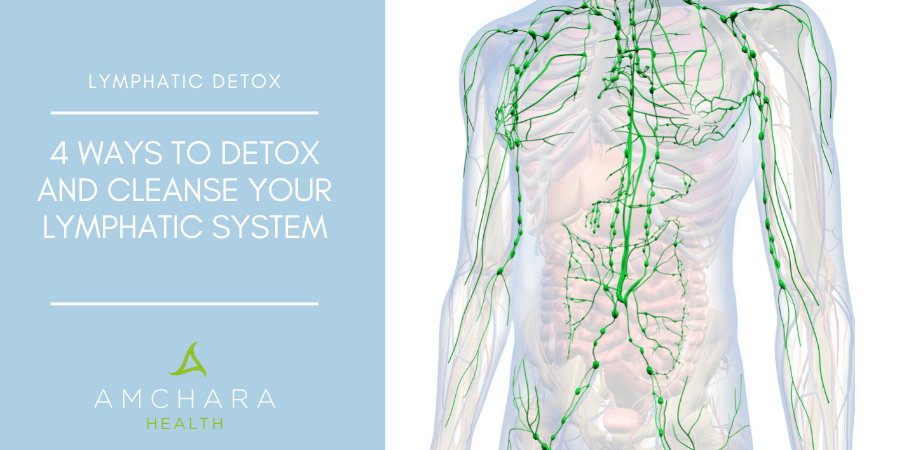Personalised health practitioners frequently refer to detoxification and its importance to health. In this article we will look at why it’s so important to detox and what happens in your body when you detoxify, and we’ll also provide you with some easy detox strategies.
We always take an evidence-based approach and aim to provide you with actionable knowledge and tips to help you on your journey to optimal health. Remember any advice given may not suit specific individual health issues.
What is detoxification?
Detoxification is another word for cleansing the body of toxins. You are exposed to toxins every day – in the food you eat, the air you breathe and the environment. It’s impossible to avoid exposure to toxins, but the body has developed ingenious and sophisticated methods of removing toxins, before they can damage cells.
Why should you detox?
Over time, toxins can accumulate in your body, leaving you feeling lethargic and under par. Toxins can contribute to ill health by interfering with cellular functioning. After a short detox many people report feeling revitalised, energised and clear headed.
Detoxing can help you re-evaluate your eating habits and may serve as a great mental cleanse, providing a quiet environment to reflect on your goals and priorities.
The liver
The liver is the body’s best friend when it comes to detoxification – it’s an incredible organ, performing many functions such as helping digestion and storing energy. But the liver is probably best known for its role in detoxification, in which it is assisted by the kidneys, digestive system and the skin.
In today’s world, it’s easy for the liver to become overloaded and less efficient at expelling toxins, so it may need a helping hand from time to time.
The importance of the digestive system
The liver drains many toxins into the digestive system, to be expelled via the faeces. This means if your digestion is not working well, for example if you suffer from constipation, those same toxins can easily be absorbed back into the bloodstream to travel to the liver again.
From this we can see efficient detoxification is also reliant on good digestive health.
Boosting your circulation
Circulation is another important factor in detoxification. Encouraging healthy blood circulation with exercise, yoga and deep breathing can also boost the circulation in the lymph system.
Your lymph system is a network of vessels which drain fluid and toxins into your lymph nodes, which then filter out harmful substances.
Since they have no muscles in their walls, lymph vessels rely on a combination of good blood circulation, as well as contraction and relaxation of the muscles around them, best achieved by regular movement and exercise.
Rebounding and lymphatic drainage massage are both excellent for encouraging a sluggish lymph system to move.
Antioxidant arsenal
Antioxidants help your body fight toxins.
Oxidation is best illustrated by comparing it to metal which has rusted, which happens because the metal reacts with oxygen.
Free radicals are produced in the body by a chemical reaction with oxygen, during the natural process of metabolism. Free radicals are oxygen molecules with unpaired electrons, making them unstable. They stabilise themselves by stealing an electron from other molecules, causing these molecules in turn to become unstable, and so producing a chain reaction of more free radicals.
The result is cell damage and eventually degenerative changes, such as damage to DNA and inflammation.
Many substances can produce free radicals, including some foods, environmental chemicals, sunlight and even chronic stress.
The body has developed strategies to stop oxidation by using antioxidant nutrients. These possess an extra electron which can prevent oxidation from continuing. Antioxidants include certain vitamins and minerals such as vitamins C and E, beta-carotene, zinc and selenium, as well as plant pigments such as anthocyanidins and flavonoids.
Plant foods are a great source of antioxidants – because some antioxidants protect each other, it’s a good idea to eat a variety of plant foods to ensure you’re consuming a range of antioxidants.
Fasting, juicing and detoxification
Many detoxification programmes include a period of fasting. Complete abstinence from food can give your digestive system a rest and kickstart the body’s cellular repair processes.
Detox programmes often also incorporate juice cleansing. Juices deliver concentrated antioxidants and liver supportive nutrients to aid the body’s detoxification processes, while also reducing the amount of toxins taken in through food.
To encourage detoxification, it’s important to reduce your intake of toxins through food and drink. This means avoiding sugar, caffeine and processed foods and ideally choosing whole organic foods which have not been treated with chemicals.
Avoiding toxins
Many household products such as cosmetics, shampoos and household cleaners contain artificial chemicals which need to be detoxified by the liver. Avoiding exposure to chemicals makes sense if you want to help your body detoxify, otherwise you’ll simply be replacing toxins as they are excreted.
One aspect to remember when you embark on a detox programme is you may feel less well initially. Often people report experiencing headaches, brain fog, skin rashes or fatigue during the first few days. Encouraging liver function with herbs and helping the skin expel toxins by dry skin brushing, massage or use of a sauna can minimise such symptoms.
These detox symptoms should subside after a couple of days, and you will be rewarded with better energy, clearer skin and increased mental clarity.
Takeaway
Many people find undertaking a detox is easier in the supportive atmosphere of a retreat. A stay at an Amchara retreat can include delicious, nutritious juices prepared tailored for your needs, alongside liver supporting shots like spirulina and turmeric.
During your stay, you will have access to plenty of other measures to support detoxification of the body and mind such as yoga classes, colonic irrigation and massages.
Did you find this article useful?
We are dedicated to providing insightful information on key aspects of health – all orientated towards the Personalised Health approach.
Read this next:




